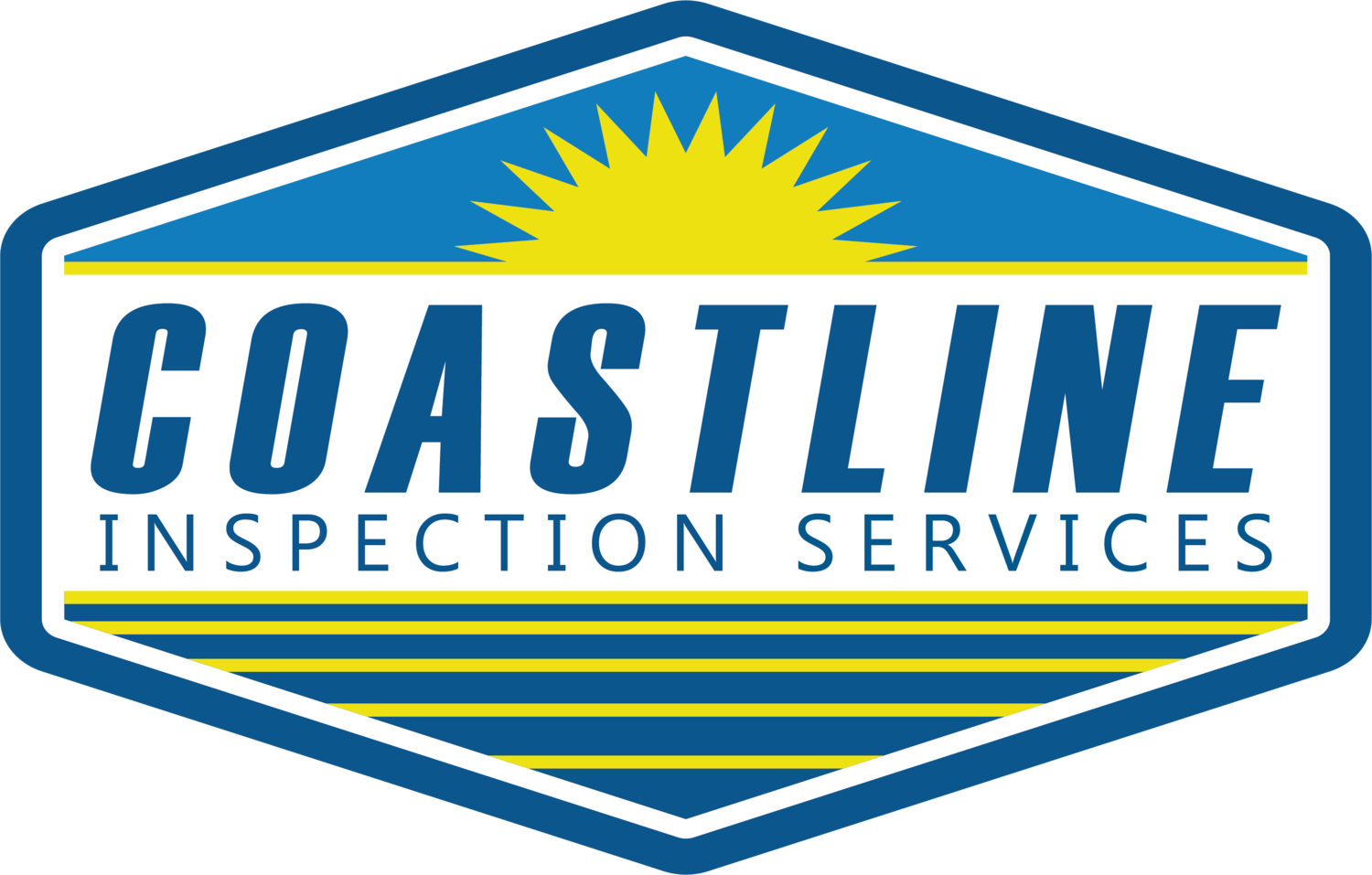A Leaking Water Heater is a Time Bomb
Water heaters sometimes leak from the drain valve or relief valve. Those valves are easy to replace. But if a leak is coming from the tank, you've got serious trouble. The tank is lined with a thin coat of glass. Eventually, that glass begins to crack, the steel begins to rust away and a puddle appears. Left alone, the tank will rupture, causing an instant flood. It may take months for a leak to become a flood, or it may take days. But it will happen. Don't gamble. Replace that leaking time bomb now.
Make Your HVAC Last
Regular filter replacement is the very best thing you can do to . And here's a way to keep track of that task: Buy several filters and label them. With some systems, monthly filter changes are best. Others can go a few months between changes.
Shut Off the Water Before Vacation
Every insurance adjuster has a hundred stories like this one: The homeowners left town Friday and returned Sunday evening to find thousands of dollars in water damage. The moral of these stories is simple: Before going on vacation, turn off the main water valve. In less than a minute, you can eliminate the most common cause of home damage.
What's R-Value?
R-value is a measure of the resistance to heat flow, a way of indicating insulation's ability to stop heat from moving through it. The higher the number, the better. Insulation is labeled by total R-value. Two factors determine that number: the thickness of the insulation and the insulating ability of the material. The fiberglass batts shown here, for example, are all the same thickness but differ in R-value because of their different densities. The #1 thing you can upgrade in your home is always the insulation. While it does wonders on lowering your energy usage it is also a key selling feature if and when that time comes
Make a homeowner’s journal
Buy a ring binder and keep insurance papers, repair receipts and all other paperwork pertaining to the house in it. Storing all your house information in one handy place makes life easier for the homeowner and can be a sales “plus” when selling the house later.
